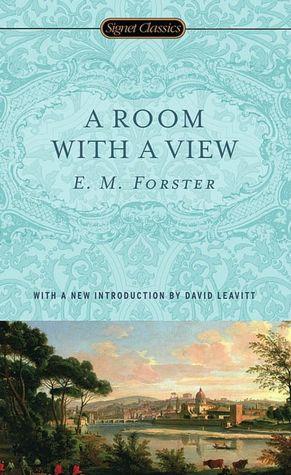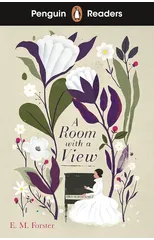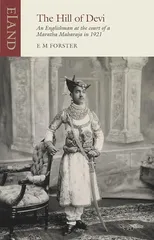Wit and intelligence are the hallmarks of this probing portrait of the English character. And in this story of extreme contrasts—in values, social class, and cultural perspectives—an unconventional romantic relationship leads to conventional happiness in a delightful social comedy. While touring Italy with her overbearing cousin, well-bred Lucy Honeychurch falls in love with the handsome but entirely unsuitable George Emerson, only to become engaged to the haughty Cecil Vyse. But Lucy is lured away from the conventions of upper-middle-class Edwardian society by her yearnings for the clerk she left behind. A Room with a View satirizes the English notion of respectability—and remains Forster’s most beloved novel and a twentieth-century classic.
E.M. Forster
E.M. Forster was a British novelist and essayist known for his insightful social commentary and exploration of human relationships. His most notable works include "A Passage to India," "Howards End," and "A Room with a View." Forster's writing style is characterized by its clarity, wit, and empathy towards his characters. He is credited with pioneering the psychological novel and challenging traditional British social norms. "A Passage to India" is considered his masterpiece, tackling themes of colonialism, race, and cultural misunderstanding. Forster's works continue to be celebrated for their timeless relevance and profound exploration of human nature.






